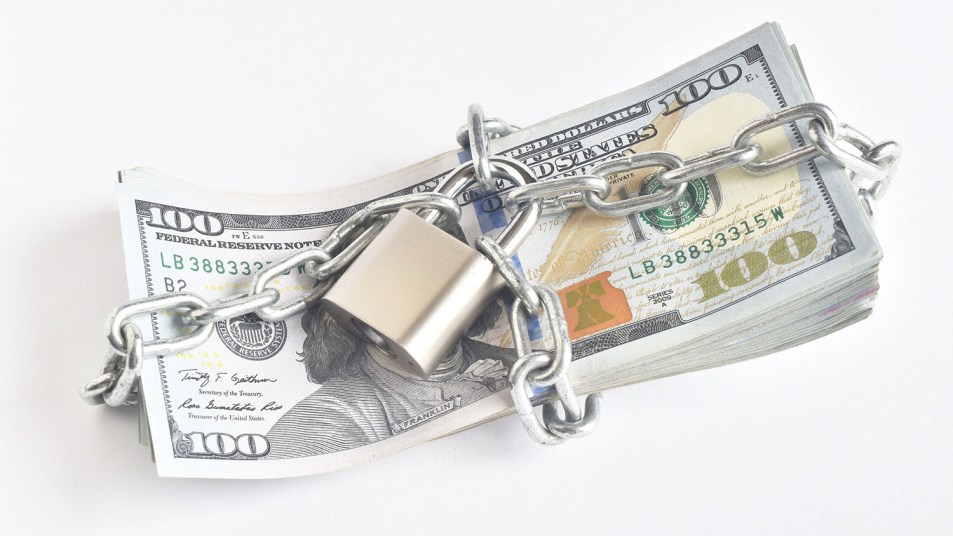4 Easy Ways To Protect Your Money From Scammers

Unfortunately, there are plenty of people out there hatching plans to steal your money — but the good news is, it’s simple to stop the thieves from getting their hands on your cash. All you need to do is be aware of the tricks they pull, so you can spot — and thwart — their latest scams.
Ignore vaccine ‘callers.’
Due to high demand for the COVID-19 vaccine, scammers are trying to convince folks they can get an appointment faster by paying a fee. But you don’t have to fall for this trap since the only way to get your shots is through official sign-up programs in your state or through your doctor or hospital. Plus, the vaccine is free to all Americans. So if you get a call, email, text, or letter promising to get you inoculated faster if you pay, ignore it. Already got your vaccine? Avoid posting your selfies on social media holding your vaccination card, since it contains personal information (your name and birth date) that scammers can use to steal your identity.
Delete these messages.
Every spring, scammers ramp up their efforts to trick you out of your tax return money. And this year, the IRS warns that scammers will also try to steal your savings by claiming you’re owed a stimulus check. How the scam works: Fraudsters text, call, or email to alert you of an uncashed stimulus payment, saying if you give them your bank account information, they’ll deposit it immediately. They then use that information to empty your account. To protect your cash, ignore messages like these. If you think you may be due a payment, visit IRS.gov/coronavirus/get-my-payment.
Double-check DMV sites.
Visiting the website for your state’s department of motor vehicles (DMV) to, say, make an appointment or renew your license? Be careful: Knowing that more drivers are using DMV websites during the pandemic to stay safe, scammers have set up phony look-alike DMV websites that steal your personal information and money. To be sure you’re on the correct site, look for the suffix “.gov” in the URL address bar, such as DMV.Nebraska.gov, or visit your state’s government website for a link to the correct DMV website.
Avoid healthcare ‘advisors.’
Good news: If you need to change your Medicare plan, you might qualify due to special circumstances, even if you missed the December 7, 2020, open enrollment deadline. Just go to medicare.gov to find out if you’re eligible. (If you’re too young for Medicare but need affordable health care, try looking at the options under the Affordable Care Act (ACA) marketplaces at HealthCare.gov.)
Now the bad news: Scammers posing as official ACA and Medicare advisors are calling, emailing, and texting folks offering “help” with choosing plans and filling out forms. However, all they really want is your personal information and Medicare card ID to steal your identity. If you need help from a live person, say “no” to anyone who contacts you out of the blue. Instead, make a direct call to the Health Insurance Marketplace at 1-800-318-2596 or Medicare at 1-800-MEDICARE (800-633-4227).
A version of this article originally appeared in our print magazine, Woman’s World.












